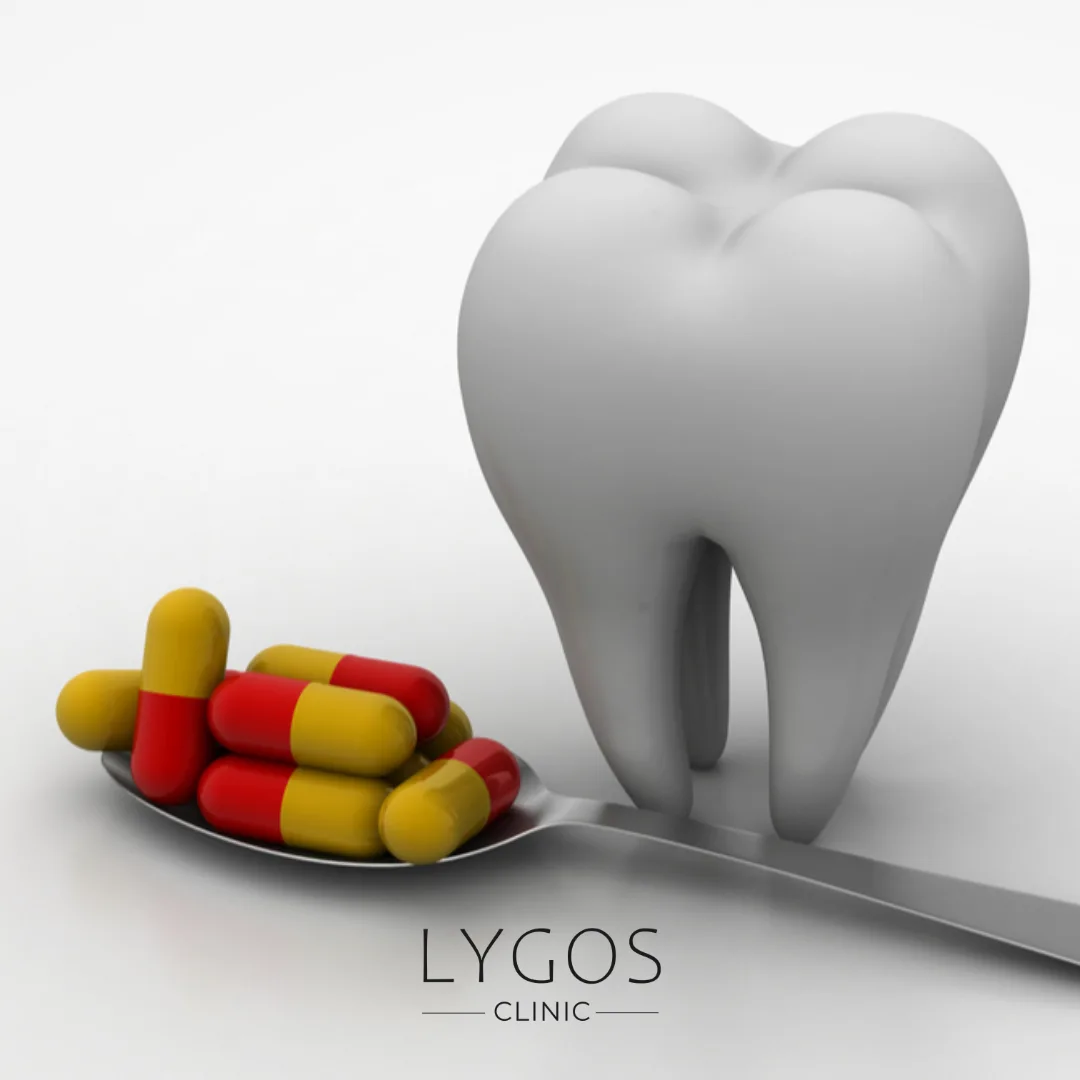Antibiotics for Toothache Infection | Uses and Side Effects

Chose Your Topic
Antibiotics for Toothache Infection
A toothache infection can be incredibly painful and disruptive. In many cases, antibiotics for toothache infection are prescribed to combat the infection and prevent it from spreading.
This article explores the causes of antibiotics for toothache infection, when antibiotics for toothache infection are necessary, their effectiveness, potential side effects, natural alternatives, and preventive measures.

What Causes a Toothache Infection?
Tooth infections occur when bacteria invade the pulp of a tooth, leading to inflammation and pus buildup. Several factors can contribute to the development of a toothache infection, including:
- Tooth Decay: Cavities allow bacteria to reach the inner layers of the tooth, leading to infection.
- Gum Disease: Periodontitis and gingivitis can cause gum recession, making it easier for bacteria to enter the tooth roots.
- Cracked or Broken Teeth: A damaged tooth provides a direct pathway for bacteria to infiltrate the pulp.
- Previous Dental Procedures: Poorly done root canals or fillings can sometimes lead to bacterial infections.
- Weakened Immune System: Individuals with weakened immune systems are more prone to dental infections.
When Do You Need Antibiotics for a Tooth Infection?
While not every toothache requires antibiotics for toothache infection, they may be necessary in cases where the infection is severe or spreading. Here are some indications that antibiotics for toothache infection may be needed:
- Swelling in the Face or Neck: This may indicate that the infection is spreading.
- Fever and Chills: Systemic symptoms suggest the infection is affecting the body beyond the mouth.
- Difficulty Swallowing or Breathing: This is a medical emergency requiring immediate treatment.
- Pus Drainage: Indicates an abscess that may require antibiotics for toothache infection and possible drainage.
- Persistent Pain Despite Treatment: If a toothache infection persists even after initial dental care, antibiotics for toothache infection might be necessary to control the infection.
How Long Does It Take for Antibiotics to Work?
Antibiotics for toothache infection typically begin to reduce symptoms within 24 to 48 hours. However, the full course of treatment generally lasts 7 to 10 days, depending on the severity of the infection. It is essential to take the entire prescribed dose, even if symptoms improve earlier, to prevent the infection from returning or developing resistance.

Are There Any Side Effects of Antibiotics for Tooth Infection?
While antibiotics for toothache infection are effective, they can have some side effects, including:
- Gastrointestinal Issues: Nausea, diarrhea, and stomach upset are common.
- Allergic Reactions: Some people may experience rashes, itching, or even anaphylaxis.
- Yeast Infections: Antibiotics for toothache infection can disrupt the balance of good bacteria, leading to fungal infections.
- Antibiotic Resistance: Overuse or misuse of antibiotics for toothache infection can make bacteria resistant, making future infections harder to treat.
- Photosensitivity: Some antibiotics for toothache infection can make the skin more sensitive to sunlight.

Natural Alternatives to Antibiotics for Toothache
If the infection is mild, some natural remedies may help alleviate pain and fight bacteria:
- Saltwater Rinse: A warm saltwater gargle can help reduce inflammation and kill bacteria.
- Garlic: Contains natural antibacterial properties and can be applied directly to the affected tooth.
- Clove Oil: Known for its pain-relieving and antibacterial properties.
- Turmeric Paste: Has anti-inflammatory and antibacterial effects when applied to the gums.
- Hydrogen Peroxide Rinse: Helps eliminate bacteria and prevent infection from worsening.
- Tea Tree Oil: A diluted tea tree oil rinse can provide relief from pain and inflammation.
How to Prevent Tooth Infections in the Future?
Preventing tooth infections is key to maintaining overall oral health. Here are some tips to reduce the risk:
- Maintain Good Oral Hygiene: Brush and floss regularly to remove plaque and bacteria.
- Visit the Dentist Regularly: Routine check-ups can help detect problems early.
- Eat a Healthy Diet: Reduce sugar intake to prevent cavities and gum disease.
- Use an Antibacterial Mouthwash: Helps kill harmful bacteria in the mouth.
- Avoid Smoking and Excessive Alcohol Consumption: Both can weaken the immune system and increase the risk of infection.
- Address Dental Issues Promptly: Treat cavities, gum disease, and cracked teeth before they become serious infections.
Antibiotics for toothache infection can be an effective treatment for severe tooth infections. However, they should be used only when necessary. Natural remedies may offer relief for minor infections, and preventive measures can help reduce the risk of future dental problems.
If you experience symptoms of a severe tooth infection, consult a dentist promptly to determine the best course of action. By understanding when to use antibiotics for toothache infection, you can take the right steps toward maintaining good oral health.
Antibiotic Use for Dental Infections Frequently Asked Questions (FAQ)
Yes, dental infections are usually treated with antibiotics. However, antibiotics are used to prevent the infection from spreading and to reduce the severity of the infection. The dentist may prescribe antibiotics depending on the severity of the infection.
Antibiotic treatment usually lasts 7 to 10 days. However, the duration may vary depending on the severity of the infection and the dentist's recommendations.
If you show symptoms of a dental infection, you should consult a dentist. Your dentist will determine the necessary antibiotic treatment and other treatment options based on the infection's condition.
Some natural remedies may provide relief in cases of mild infections, but they may not be sufficient for serious dental infections. Antibiotic treatment and other treatments recommended by your dentist are important.
If you are allergic to antibiotics, you should inform your dentist. Your dentist may offer alternative antibiotics or treatment methods.


